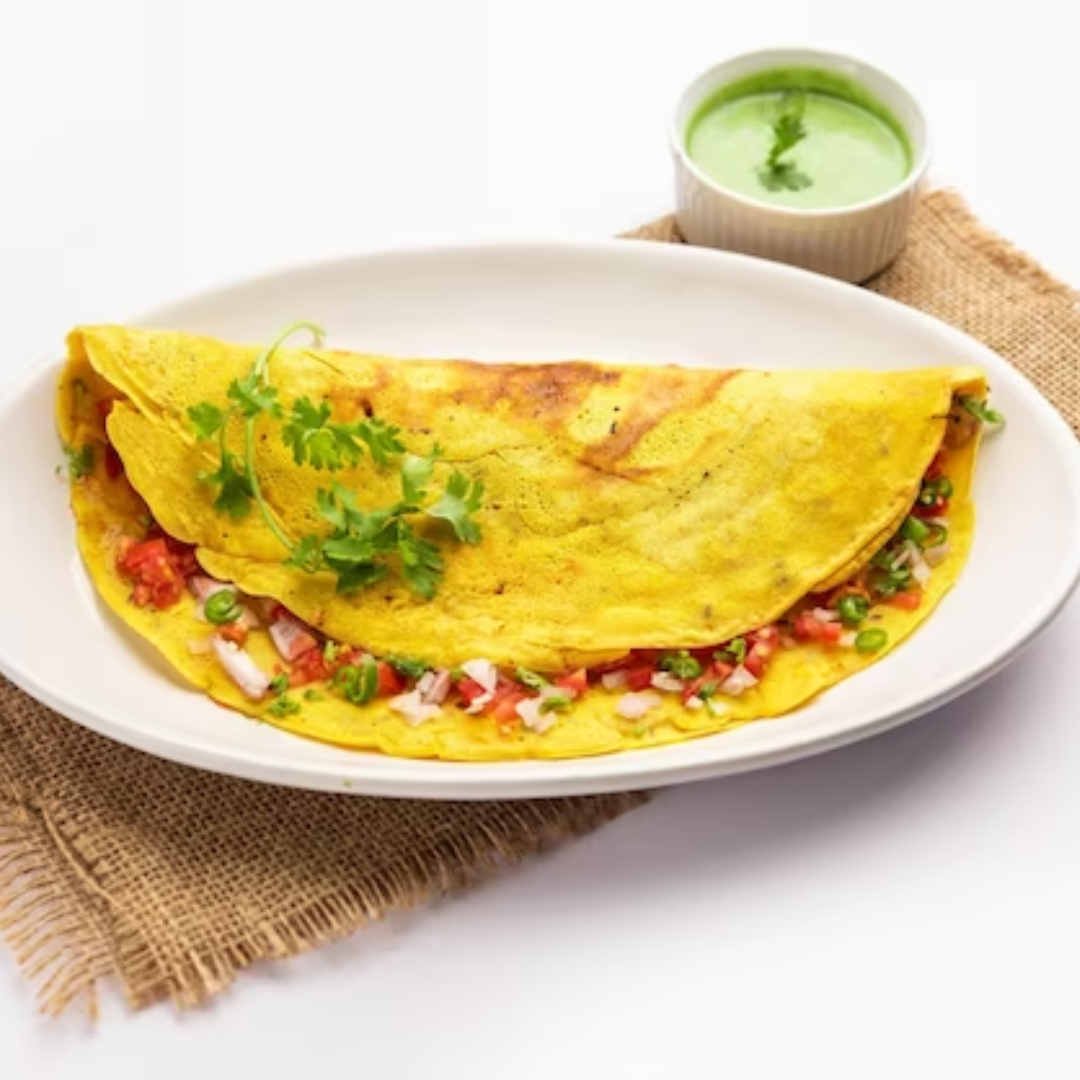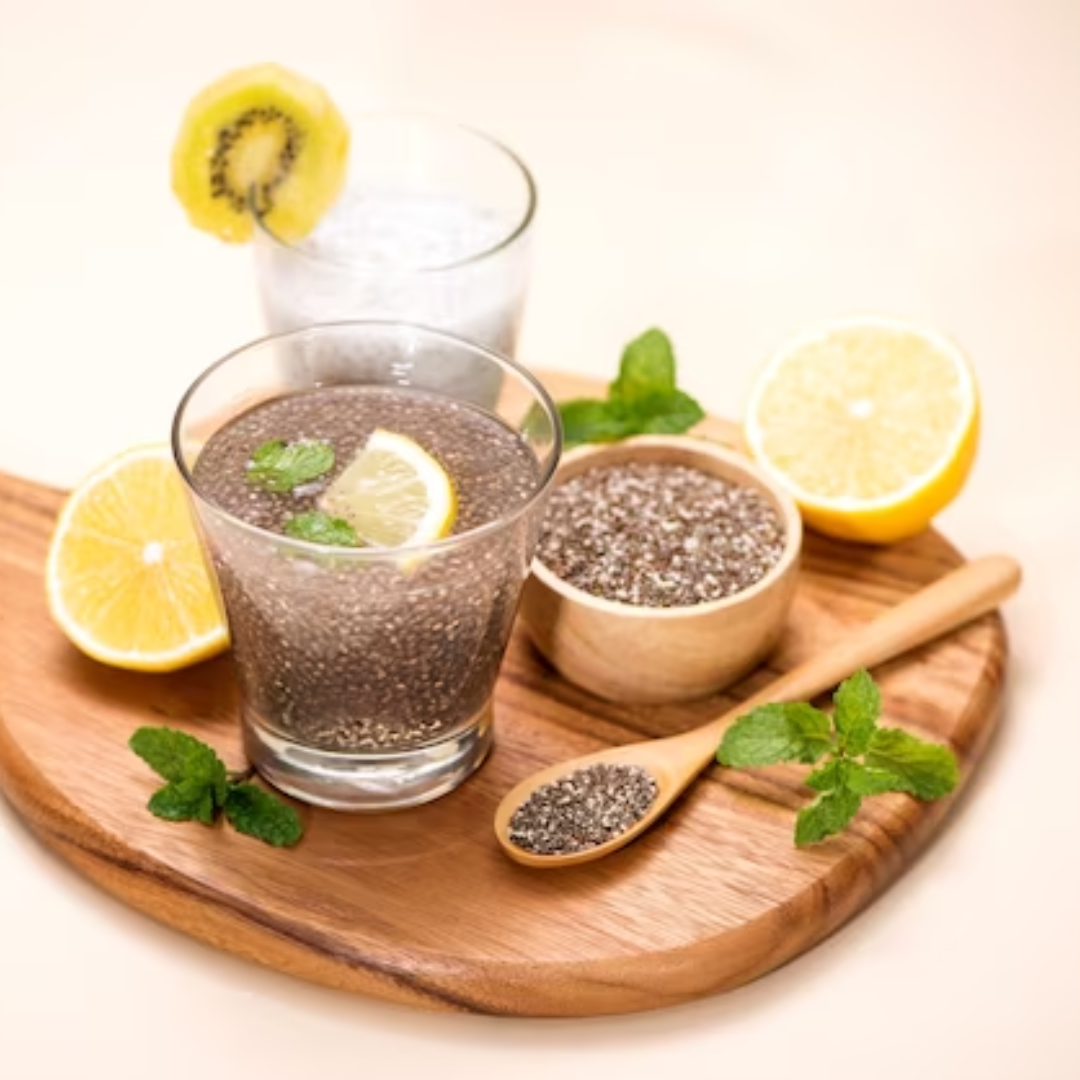Pea Protein Powder: A Plant-Based Protein Revolution

Pea Protein Powder: A Plant-Based Protein Revolution
What is Pea Protein?
Pea protein powder is a plant-based protein supplement derived from yellow split peas. It is made by extracting the protein from peas and drying it into a powdered form. Pea protein powder is highly regarded for its high protein content, making it a popular choice among individuals looking to supplement their protein intake.
History and Origins
Pea protein powder has been used for centuries in various cuisines around the world, particularly in Asian and Mediterranean cultures. However, it gained significant popularity in recent years due to the increasing demand for plant-based protein alternatives.
Why Pea Protein Powder
Pea protein powder offers several advantages that make it a preferred choice for many individuals. It is a complete protein source, meaning it contains all nine essential amino acids required by the body. Pea protein powder is also easily digestible, hypoallergenic, and suitable for vegans and vegetarians. Additionally, it is free from common allergens like dairy, soy, and gluten.
Nutritional Composition of Pea Protein Powder
Macronutrients
- Protein Content Pea protein is known for its high protein content. On average, a serving of pea protein powder (around 30 grams) provides approximately 20-25 grams of protein. This makes it an excellent choice for individuals looking to meet their daily protein requirements.
- Carbohydrates and Fibers Compared to other plant-based protein sources, pea protein powder tends to have lower carbohydrate content. It typically contains around 2-5 grams of carbohydrates per serving, with a portion of that being dietary fiber.
- Fat Content Pea protein is generally low in fat, with most products containing less than 2 grams of fat per serving. This makes it suitable for individuals who are watching their fat intake.
Micronutrients
- Vitamins Pea protein powder contains various vitamins, including vitamin A, vitamin K, and some B vitamins like thiamine and folate. However, the vitamin content may vary depending on the brand and processing methods.
- Minerals Pea protein powder is a good source of minerals such as iron, calcium, and zinc. These minerals are essential for maintaining overall health and well-being.
- Antioxidants Pea protein powder naturally contains antioxidants, which help protect the body against oxidative stress and promote a healthy immune system.
Also, read this https://buythewhey.in/top-whey-protein-rich-foods-for-optimal-health/
Health Benefits of Pea Protein Powder

Health Benefits of Pea Protein
A. Muscle Building and Recovery Pea proteins are rich in amino acids, including branched-chain amino acids (BCAAs) like leucine, isoleucine, and valine. These amino acids play a crucial role in muscle protein synthesis, making pea protein powder an effective supplement for muscle building and recovery.
B. Weight Management Pea protein can be a valuable tool for weight management due to its high protein and fiber content. Protein helps increase satiety, reducing hunger cravings and promoting feelings of fullness. Additionally, the fiber content aids in digestion and promotes healthy bowel movements.
C. Digestive Health The fiber in pea protein supports a healthy digestive system by promoting regular bowel movements and maintaining gut health. It can help alleviate constipation and support the growth of beneficial gut bacteria.
D. Heart Health Pea protein powder is naturally cholesterol-free and low in saturated fat, making it a heart-healthy protein option. Consuming pea protein as part of a balanced diet may contribute to improved heart health.
E. Blood Sugar Control Pea protein has a low glycemic index, which means it does not cause a significant spike in blood sugar levels. This makes it suitable for individuals with diabetes or those looking to manage their blood sugar levels.
F. Plant-Based and Vegan Lifestyle Pea protein powder is an excellent choice for individuals following a plant-based or vegan lifestyle. It offers a complete protein source without the need for animal products, making it a sustainable and ethical protein alternative.
Choosing the Right Pea Protein Powder
A. Organic vs. Conventional Organic pea protein is made from peas grown without the use of synthetic pesticides or fertilizers. Choosing organic options ensures a cleaner and more environmentally friendly product.
B. Isolate vs. Concentrate Pea protein isolate undergoes further processing to remove additional carbohydrates, fats, and fibers, resulting in higher protein content. Pea protein concentrate contains a slightly lower protein content but retains more of the natural fiber and nutrients.
C. Allergen Considerations Pea protein powder is naturally free from common allergens such as dairy, soy, and gluten. However, it is essential to check the product labels for potential cross-contamination or additional allergens if you have specific allergies or sensitivities.
D. Flavor Options Pea protein powder is available in various flavors, including vanilla, chocolate, and unflavored options. Choose a flavor that aligns with your taste preferences and consider using unflavored varieties for versatility in recipes.
Incorporating Pea Protein Powder into Your Diet

Incorporating Pea Protein into Your Diet
A. Smoothies and Shakes One of the most popular ways to use pea protein powder is by adding it to smoothies and shakes. Blend it with fruits, vegetables, and your choice of liquid for a nutritious and protein-packed beverage.
B. Baking and Cooking Pea protein powder can be incorporated into baked goods such as muffins, cookies, and pancakes to increase their protein content. It can also be used as a thickening agent in soups and sauces.
C. Protein Bars and Snacks Make your own protein bars or energy balls using pea protein as the main ingredient. This allows you to control the quality of ingredients and customize the flavor to your liking.
D. Other Creative Uses Get creative with pea protein powder by adding it to oatmeal, yogurt, or even homemade ice cream. The possibilities are endless when it comes to incorporating pea protein into your favorite recipes.
Tips for Maximizing the Benefits of Pea Protein Powder
A. Proper Dosage and Timing Follow the recommended serving size provided by the manufacturer. Adjust the dosage based on your individual protein needs and goals. It is generally recommended to consume pea protein powder within 30 minutes to an hour after a workout for optimal muscle recovery.
B. Combining with Other Protein Sources To diversify your protein intake, consider combining pea protein with other plant-based protein sources such as hemp, rice, or quinoa. This ensures you receive a wide range of amino acids and additional nutrients.
C. Precautions for Specific Health Conditions If you have any pre-existing health conditions or concerns, it is advisable to consult with a healthcare professional or registered dietitian before incorporating pea protein into your diet.
Frequently Asked Questions (FAQs)
Summary and Conclusion
In this comprehensive guide, we have explored everything you need to know about pea protein powder. From understanding its nutritional composition and the numerous health benefits it offers to selecting the right product and incorporating it into your diet, you now have a thorough understanding of this plant-based protein supplement. Whether you are looking to build muscle, manage your weight, improve digestive health, or follow a vegan lifestyle, pea protein powder can be a valuable addition to your nutrition regimen. Remember to consult with a healthcare professional or registered dietitian if you have specific health concerns or questions. By incorporating pea protein effectively and safely, you can reap its potential benefits and enhance your overall health and wellness.
- Where to Find the Best Plum Cake in Bangalore for Christmas & New Year - November 23, 2025
- Water Intake Calculator: Everything You Need to Know - September 7, 2024
- 5 Weight Gain Drink Recipes for Healthy Bulking - March 29, 2024






